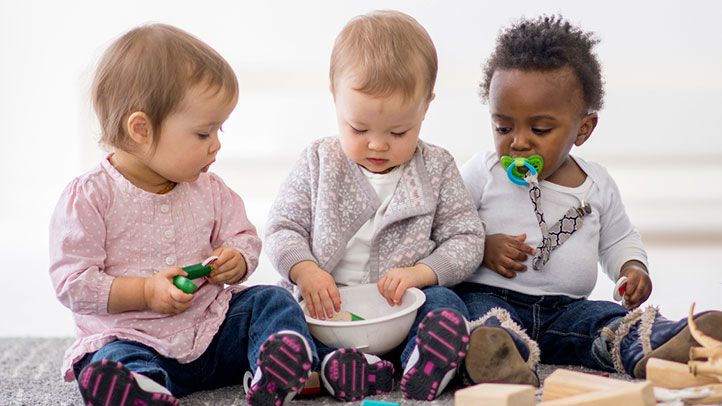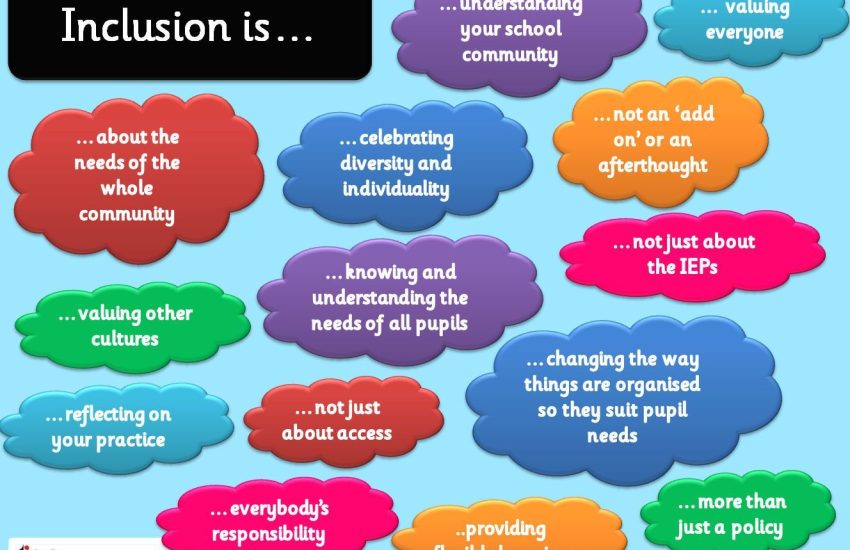Supporting Social and Emotional Development in Young Children
As technology continues to advance at a rapid pace, it is becoming increasingly important to ensure that young children are not only well-versed in the latest gadgets and devices, but also in their social and emotional development. In a world where screen time often takes precedence over face-to-face interactions, it is crucial for parents and educators to prioritize the social and emotional well-being of young children.
The Benefits of Social and Emotional Development
Social and emotional development plays a crucial role in a child’s overall well-being and success in life. It helps children build meaningful relationships, develop empathy and compassion, and cope with stress and anxiety. When young children are equipped with strong social and emotional skills, they are better able to navigate the complexities of human interaction and form deeper connections with others.
Encouraging Social Interaction
One of the key ways to support social and emotional development in young children is to encourage social interaction. This can be done through playdates, group activities, and team sports. By providing opportunities for children to engage with their peers in a positive and supportive environment, parents and educators can help them develop important social skills such as communication, cooperation, and conflict resolution.
Limiting Screen Time
While technology can be a valuable tool for learning and exploration, excessive screen time can have a negative impact on a child’s social and emotional development. It is important for parents to set limits on screen time and encourage children to engage in face-to-face interactions with others. By striking a healthy balance between technology use and real-world experiences, parents can help their children develop strong social and emotional skills.
Teaching Emotional Intelligence
Emotional intelligence is the ability to recognize, understand, and manage one’s own emotions as well as the emotions of others. By teaching children how to identify and express their feelings in a healthy way, parents and educators can help them develop strong emotional intelligence skills. This can be done through activities such as journaling, role-playing, and discussions about emotions.
Modeling Positive Behavior
Children learn by example, so it is important for parents and educators to model positive social and emotional behavior. By demonstrating empathy, kindness, and respect in their interactions with others, adults can help children learn how to navigate social situations and regulate their own emotions. This can have a lasting impact on a child’s social and emotional development.
Seeking Professional Help
If parents or educators are concerned about a child’s social and emotional development, it is important to seek professional help. A child psychologist or counselor can provide valuable insights and support in helping children develop the necessary skills to thrive socially and emotionally. By working with a professional, parents and educators can better understand the unique needs of each child and provide tailored support.
Conclusion
Social and emotional development is a critical component of a child’s overall well-being. By prioritizing social interaction, limiting screen time, teaching emotional intelligence, modeling positive behavior, and seeking professional help when needed, parents and educators can help young children develop the skills they need to navigate the complexities of human interaction and form meaningful relationships. By supporting social and emotional development in young children, we are laying the foundation for their future success and happiness.


